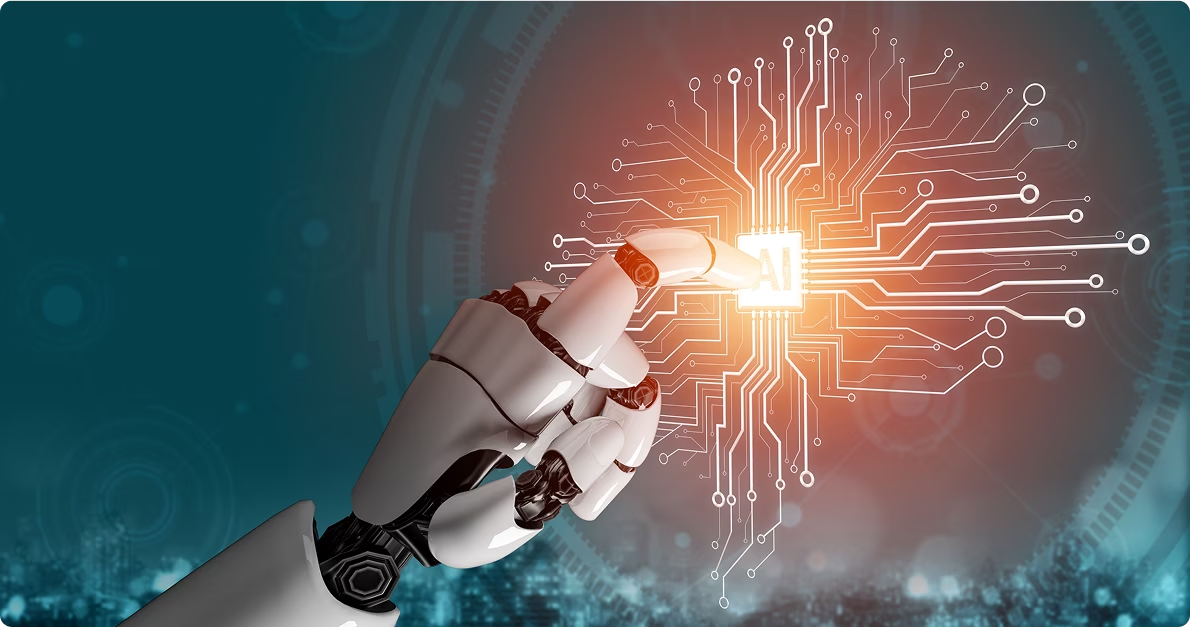The Rise of AI Agents in 2025: What You Need to Know

AI’s Evolution to Autonomous Agents
Over the past couple years, AI has evolved from a tool that assists with simple tasks to a system capable of automating complex workflows. This next phase—AI Agents—is redefining how businesses operate, allowing them to offload time-consuming processes while maintaining efficiency and accuracy.
Unlike traditional AI tools that require manual prompts for each action, AI Agents can handle multi-step business processes independently, integrating with existing systems to execute marketing campaigns, engage with leads, automate customer interactions, and analyze data without human oversight. The potential for efficiency and scalability is enormous.
This post explores what AI Agents are, how they work, and why they matter for small businesses like yours looking to compete and grow in 2025.
What AI Agents Do and Why They Matter
AI Agents are autonomous digital workers that take AI from an assistive tool to an active business driver. Unlike standard automation, which follows predefined scripts, AI Agents can:
- Analyze data, learn from interactions, and make informed decisions
- Seamlessly integrate with CRM, email, social media, and analytics platforms
- Independently execute tasks across marketing, sales, and operations
This allows you to offload repetitive tasks while ensuring your customers receive a personalized, data-driven experience. AI Agents don’t just replace manual work – they enhance it, allowing your team to focus on higher-value, strategic initiatives.
How AI Agents Will Impact Small Business in 2025
The transition to AI Agents isn’t just about automation. It’s about allowing you to scale your small business efficiently, reduce costs, and enhance customer interactions.
1. AI Agents in Sales and Lead Generation
Sales teams spend a significant portion of their time on manual prospecting and follow-ups—AI Agents eliminate these bottlenecks.
-
- Research and qualify leads based on company size, industry, and engagement history
- Send automated yet personalized outreach emails and LinkedIn messages
- Continuously analyze lead behavior to determine the best next action
If you’re looking to expand your reach without increasing overhead, AI-driven prospecting tools such as Apollo, ZoomInfo, and Salesloft are already making an impact.
2. AI-Driven Marketing Execution
Marketing teams often juggle multiple tasks—content creation, email campaigns, social media, and ad management. AI Agents can oversee and optimize these workflows.
- Generate blog posts, email sequences, and landing page content
- Manage ad campaigns in real-time, adjusting budget and targeting for better ROI
- Track engagement metrics and recommend strategic adjustments
Tools like ChatGPT for content, HubSpot AI for automation, and AdRoll for dynamic campaign adjustments will help you get more out of your marketing efforts.
3. AI-Powered Customer Engagement
Consumers now expect near-instant responses, and AI Agents ensure businesses can deliver.
- Chatbots handle FAQs, troubleshooting, and appointment scheduling
- AI Agents proactively reach out to customers based on engagement triggers
- Support systems route complex inquiries to human reps while resolving simple ones instantly
Platforms like Drift, Intercom, and ChatGPT-based customer support provide 24/7 availability without requiring an entire support team.
How to Prepare for the AI Agent Revolution
AI Agents are no longer an experimental technology. They’re here, and organizations that integrate them now will gain a significant advantage. In Part 2, I’ll explore how to begin integrating AI Agents into your sales, marketing, and operations to accelerate your growth. Now is the time to take a proactive approach so you don’t get left behind.










